Michael Clemens on inequality and migration
Transcript
MICHAEL CLEMENS: If just one in twenty people who are now in poor countries moved to countries where they are more economically productive, that would grow the world economy by trillions of dollars every year.
[Inequality is logo. A graphic black equal sign with an orange slash through it. #InequalityIs. Michael Clemens, senior fellow, Center for Global Development. A white man with short brown hair and brown eyes, wearing a blue button up shirt and a black suit jacket.]
Migration policy is a big decision. It goes way beyond visas and walls. It has big effects on opportunity around the world. Jan Koum came from Ukraine as a refugee with his ill mother. They lived on public assistance when they first showed up. If you told people, well, this guy’s a resource, he’s going to found this incredible internet company “WhatsApp”, and generate all kinds of economic activity and employment. They would have said, “What do you mean? He’s just taking food stamps.” Refugees have an upfront cost and it’s natural for everybody to focus on that, but we can’t lose sight of the long-term benefits.
[Sketches are drawn one by one.]
You know, a refugee shot Easy Rider and Ghostbusters.
[Cinematographer László Kovács.]
A refugee co-founded Intel, whose chips you’re probably using to watch this right now.
[Engineer Andy Grove.]
A refugee became Secretary of State.
[Politician and diplomat Madeleine Albright.]
Why were those people successful? Because they weren’t trapped in a camp somewhere. If there’s one thing that is lacking in how the world is managing this crisis right now, it’s vision. It’s a crisis of lack of vision more than a crisis of migration. Extending equality of opportunity means uncaging human potential, and that is a beautiful thing.
[Inequality Is Logo. Join the conversation. #InequalityIs.]
Accessibility Statement
- All videos produced by the Ford Foundation since 2020 include captions and downloadable transcripts. For videos where visuals require additional understanding, we offer audio-described versions.
- We are continuing to make videos produced prior to 2020 accessible.
- Videos from third-party sources (those not produced by the Ford Foundation) may not have captions, accessible transcripts, or audio descriptions.
- To improve accessibility beyond our site, we’ve created a free video accessibility WordPress plug-in.
Michael Clemens, senior fellow at the Center for Global Development, says that effective migration policy must consider the long-term benefits of welcoming refugees, along with the upfront costs. He believes today’s migration crisis is being compounded by a lack of vision.
This piece is part of #InequalityIs, a conversation about inequality in all its forms.
Other videos in this series
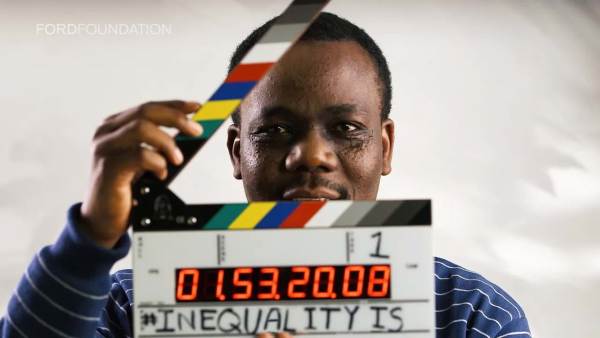
Zitto Kabwe on inequality and taxes
Tanzanian member of parliament Zitto Kabwe says 30 percent of the world’s wealth is held in tax havens. To tackle inequality, we must address the issue of tax havens. An international tax convention that creates the same set of rules for everyone to follow would curtail them.
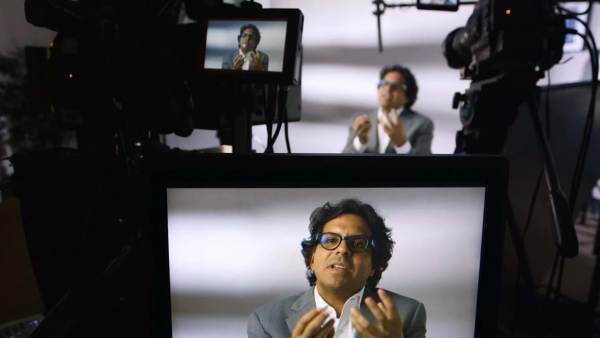
Edgar Mora Altamirano on inequality and public policy
Inequality means not having a say in how public policy is created, says Edgar Mora Altamirano, the mayor of Curridabat, Costa Rica. He says using technology to empower communities can increase civic engagement and break down barriers to understanding public policy.
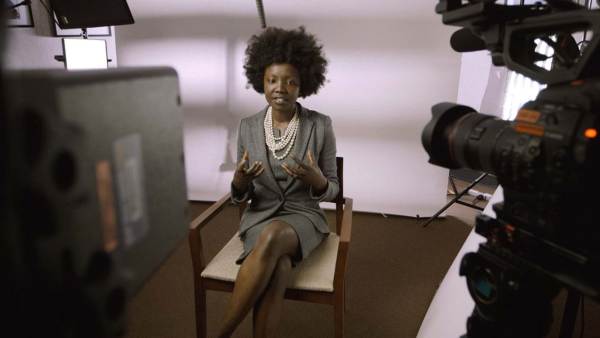
Lydiah Kemunto Bosire on inequality and higher education
Inequality is seen in the low numbers of African students attending tertiary education institutes both at home and abroad. 8B Education Investment Fund’s Lydiah Kemunto Bosire says it’s important to invest in world-class higher education for African students. This will enable Africans themselves to steer the continent to prosperity.
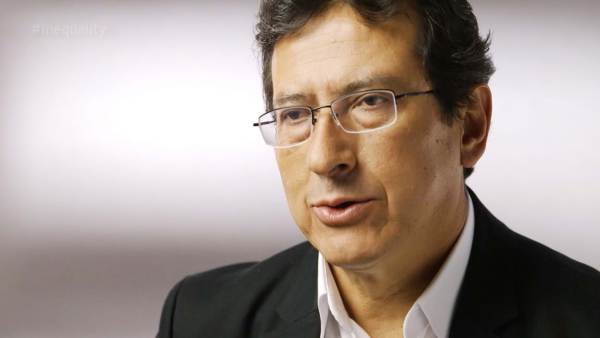
Carlos Moscoso Perea on inequality and access to basic services
Inequality is not having access to basic public services. Carlos Moscoso Perea, mayor of Cusco, Peru, explains how despite his city being a UNESCO World Heritage site, only 40 percent of people in his town have access to potable water. People need to be given the minimum they need to survive.
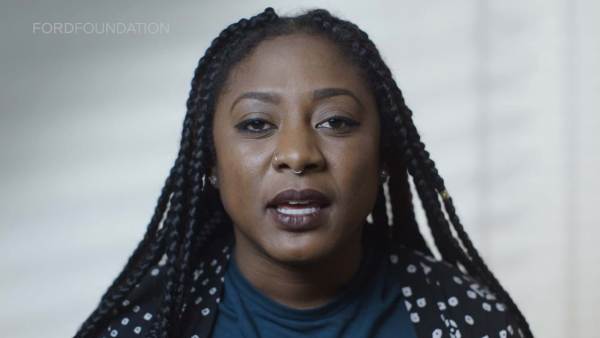
Alicia Garza on inequality and protecting workers
The National Domestic Workers Alliance’s Alicia Garza believes inequality is a political consequence. NDWA has fought to change state labor laws to include domestic workers. They’re building an intersectional movement and fighting to make sure that women’s work is seen as work.
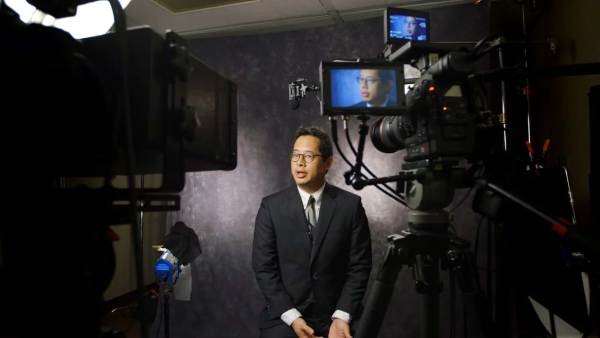
Jeff Chang on race, culture, and inequality
Author Jeff Chang believes in the power of cultural equity in the fight against inequality. Cultural equity is access to the tools that get your story out into the world and also being able to have that story heard. Seeing each other in our full humanity creates a just society.
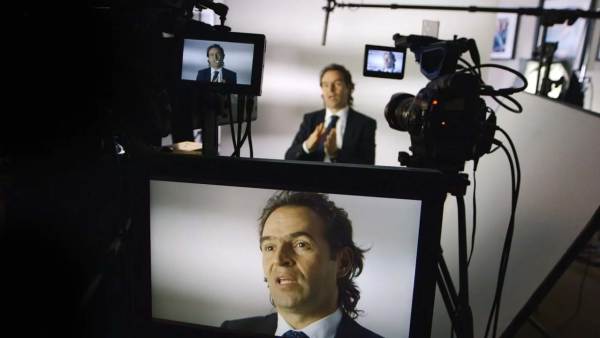
Federico Gutiérrez Zuluaga on inequality and violence
Federico Gutiérrez Zuluaga, the former mayor of Medellín, Colombia, knows the violence that inequality causes and that it’s a driver of social instability. But he’s witnessed what happens when this inequality is addressed through education and jobs, and how it can decrease the levels of violence.
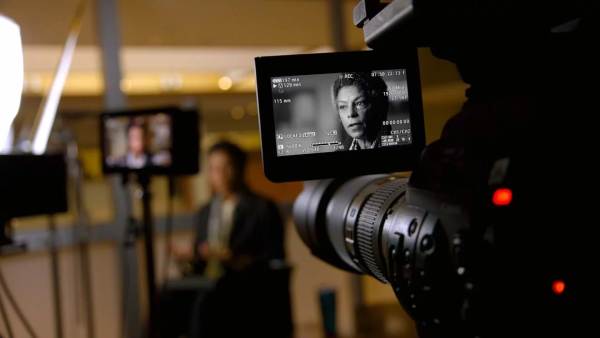
Risa Lavizzo-Mourey on health inequality
Disrupting health inequality is essential to equity for all. A person’s zip code should not determine the length or quality of their life, explains Risa Lavizzo-Mourey of the Robert Wood Johnson Foundation. It should also not limit the housing, education, or access to healthcare services one receives.
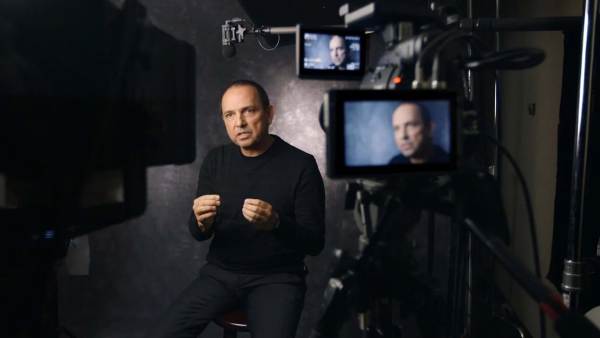
Teddy Cruz on inequality and public spaces
Disrupting inequality is a responsibility that falls to all of us. Architect Teddy Cruz says better design of public institutions and places, especially in marginalized communities, is a way to fight for equality. Public spaces can be redefined by civic engagement, shared responsibility, and learning.
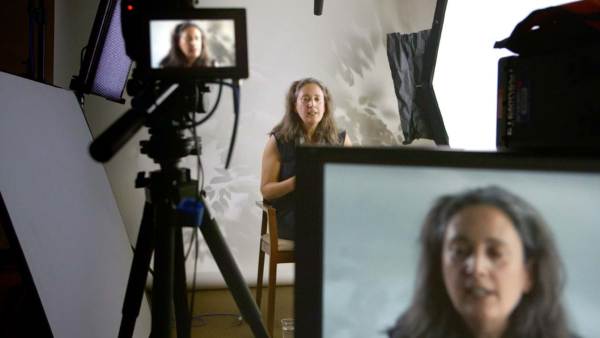
Laura Callanan on inequality and art
Art is a powerful force for making change in the world. Laura Callanan, founding partner of Upstart Co-Lab, says artists are addressing social inequalities in their work. But with impact investing, they can better solve the complex problems that the world is facing.
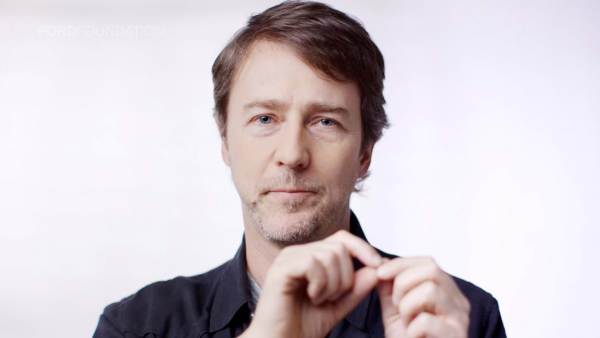
Edward Norton on inequality and ecology
Edward Norton, United Nations Goodwill Ambassador for Biodiversity, says neglect of our natural world and the lack of value placed on the environment is inextricably linked to all kinds of inequality. lifting people out of poverty aligns directly with promoting environmental sustainability, he says.
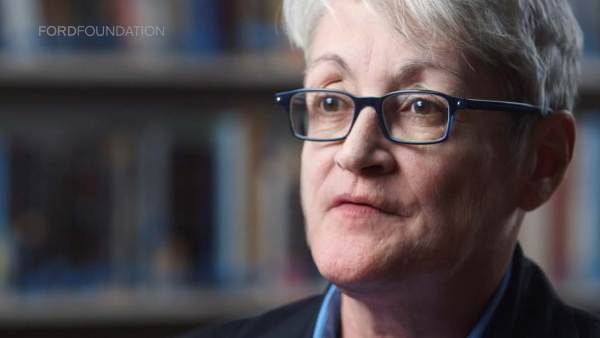
Carmen Vazquez on inequality and LGBT rights
LGBT people face discrimination that doesn’t just end with legal rights that may be granted. Activist Carmen Vazquez says there are many different kinds of inequality that LGBT people experience and there is still much work to be done in changing mindsets and perceptions. Equality is not justice.
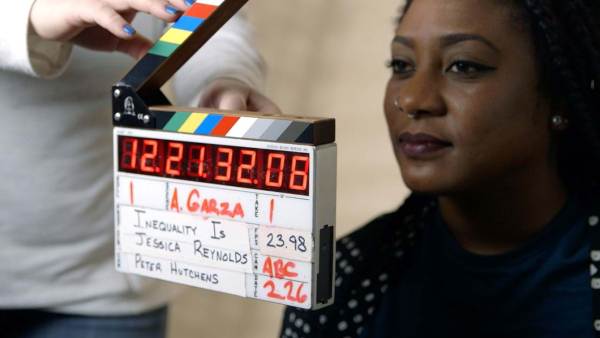
Finish this sentence: Inequality Is… Long Promo
In the #InequalityIs series, a wide range of people on video—from CEOs to musicians, activists, and fast-food workers—define what inequality means to them, covering the many challenges that need to be overcome in the fight for equality, justice, and dignity for all.
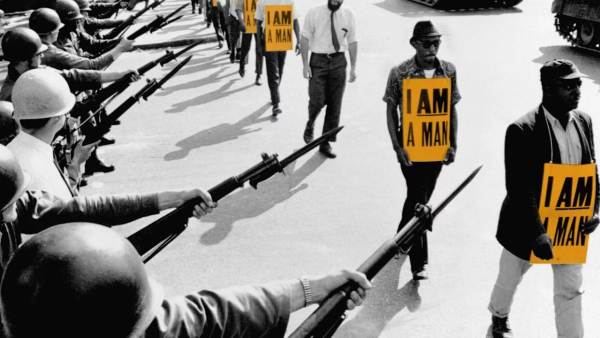
Gara LaMarche on inequality and privilege
Gara LaMarche, president of Democracy Alliance, acknowledges his privilege as a white man. He sees the importance in reducing bigotry and inequality to liberate the talent and energies of all Americans. In order to address the challenges our society faces, we need to have everyone’s talents available and celebrated.
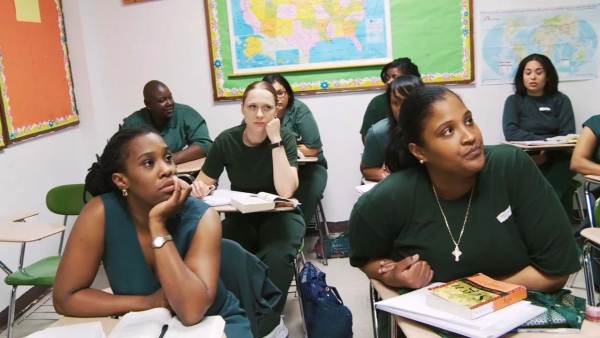
Max Kenner on inequality, incarceration, and education
The prison system and incarceration rates exacerbate inequality. Max Kenner from the Bard Prison Initiative says education is an equalizer, as it provides those that have been incarcerated with a foundation for future success. Investing in individuals is key to fighting inequality.
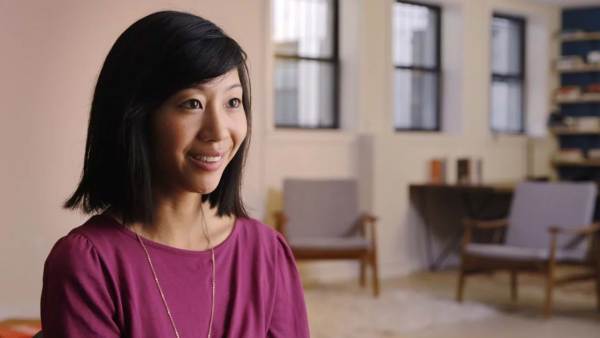
Tiffany Yu on inequality and disability
Dismantling inequality is rooted in inclusion. Diversability’s Tiffany Yu explains how exclusion is more disabling to a person than an actual disability. She believes employers should hire people with disabilities because of their strengths, not just to meet a quota.
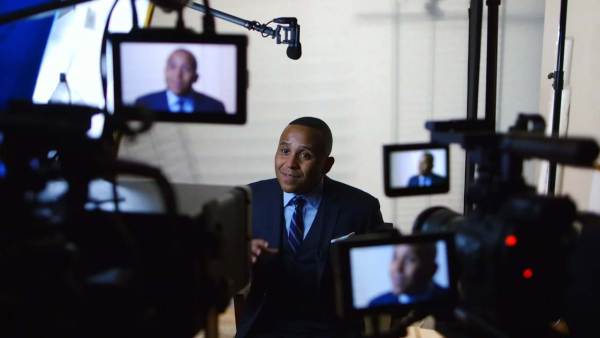
Rashad Robinson on inequality and a fair chance to work
Inequality impacts whose voices are heard and whose remain silent. Color of Change’s Rashad Robinson says disrupting inequality means giving people who haven’t been heard the chance to have their say. He explains that this includes giving those who are formerly incarcerated a fair chance to work.
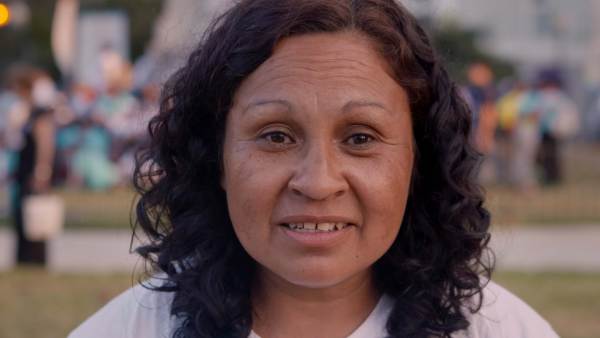
Ana Canengez on inequality and immigration
Immigrants experience inequality that results in great suffering caused by family separations. Ana Cañengez, a motel housekeeper, fights for dignity and justice for all immigrants. She explains that she moved to the U.S. to give her children a better future, and wants to see immigrants like her valued.
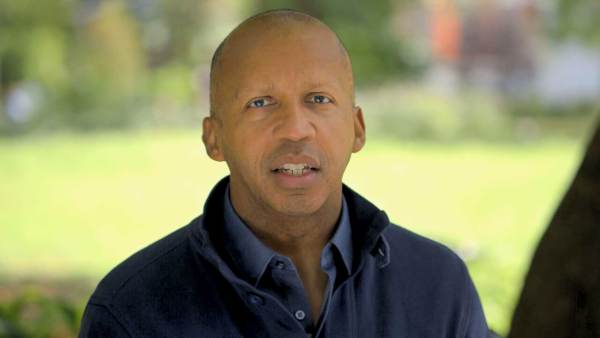
Bryan Stevenson on mass incarceration and criminalization
Inequality in the prison system has a devastating impact. The Equal Justice Initiative’s Bryan Stevenson says an abuse of power and racism exploits people of color and the poor, creating an inequality that becomes part of the culture and the political system. He says fighting inequality requires doing uncomfortable things.

Radhika Shah on inequality and internet access
The internet is the backbone to accessing information. Radhika Shah from Stanford Angels & Entrepreneurs says access to information is essential for dismantling inequality. She believes social entrepreneurs and technology companies play an important role in bridging the global technological divide.
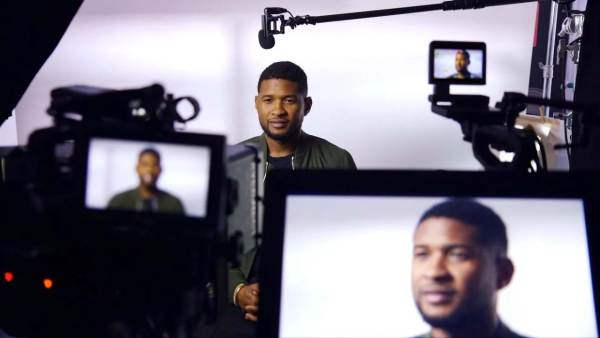
Usher on facing inequality through art
Inequality needs to be faced head on, and art can help us do that. Musician Usher says art can help us acknowledge and talk about complicated issues, such as the lack of racial justice in addressing problems like racial profiling and police brutality. Racial justice is necessary to address inequality.
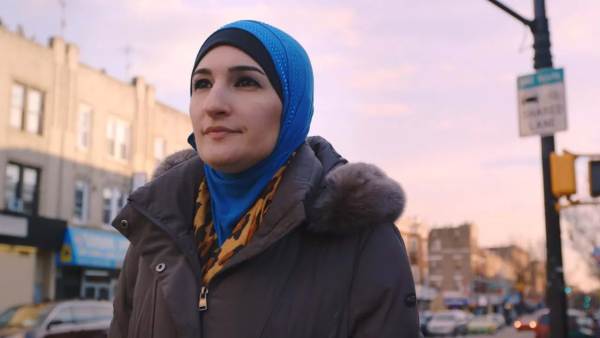
Linda Sarsour on inequality and race and religion
Activist Linda Sarsour discusses the issues American Muslims face and how equality is a place where every person can be proud of and celebrated for the complexities of their background. Disrupting inequality requires eradicating stereotypes and embracing identities.
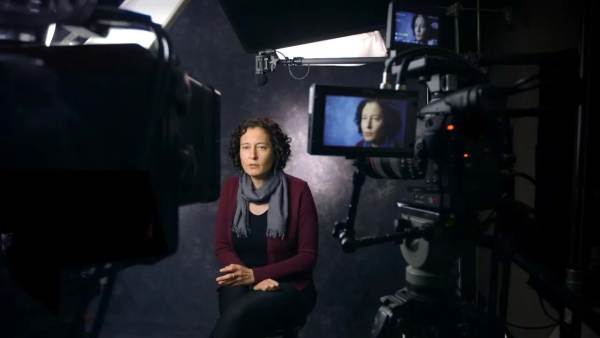
Amy Brown on inequality in government policies
Inequality is growing. The Ford Foundation’s Amy Brown says this is driven by government policy, which grants access to education and other opportunities to some, but not all. Closing this gap requires making government work for everyone, and giving people who are most impacted the power to change their communities.
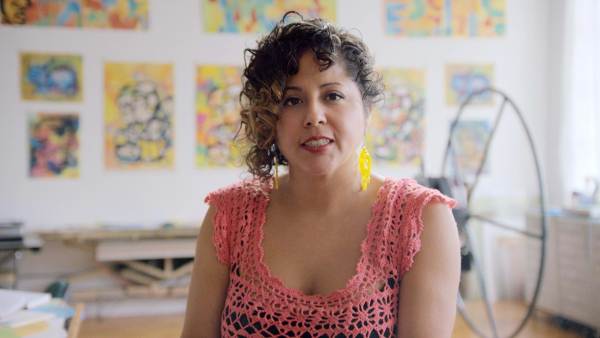
Favianna Rodriguez on cultural inequality
CultureStrike’s Favianna Rodriguez says cultural inequality is not often considered, but it’s just as important to address as other forms of inequality. Because art builds empathy, she believes we need to present a multi-dimensional view of who we are through the stories told in the content we create.
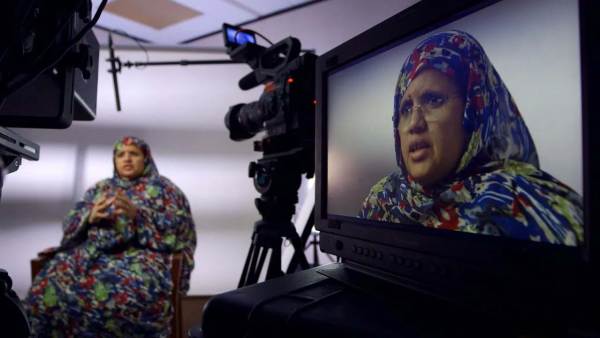
Fatimetou Abdel Malick on inequality and the role of women in politics
All citizens need to be able to enjoy the same rights. Fatimetou Malick, mayor of Mauritania’s Tevragh-Zeina, says inequality is not valuing women’s work as much as men’s. She believes an equal society exists when everyone can contribute to society’s development and their skills are valued.
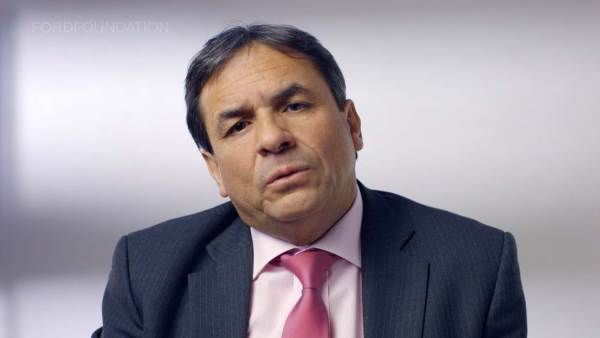
Luis Mella Gajardo on inequality and inclusion
Luis Mella Gajardo, mayor of Quillota, Chile, talks about the limited relationship between income and happiness, and why inclusion is key to fighting inequality. Inequality is not being seen and social inclusion can help address that. He believes focusing on happiness should be an objective for changing society.
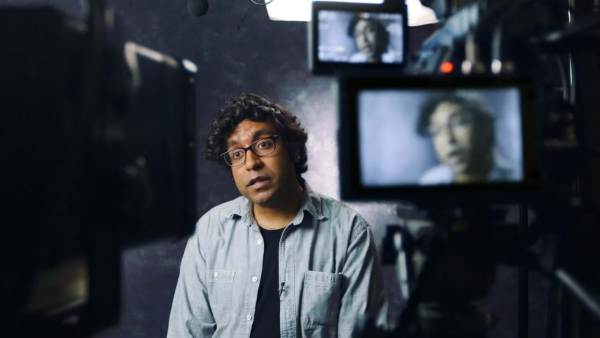
Hari Kondabolu on laughing at inequality
As a comedian, Hari Kondabolu can joke about things people don’t are uncomfortable with, like injustice and inequality. He believes we can end inequality by people acknowledging their privileges, speaking up for what is unjust, and being prepared to lose something in the process.

Sue Desmond-Hellmann on inequality and health
Inequality of access to a working healthcare system has repercussions for the whole world. Sue Desmond-Hellman,Gates Foundation CEO, wants to see a future where the benefits of science, technology, and innovation are available to everyone. She believes health can be a driver towards equality.
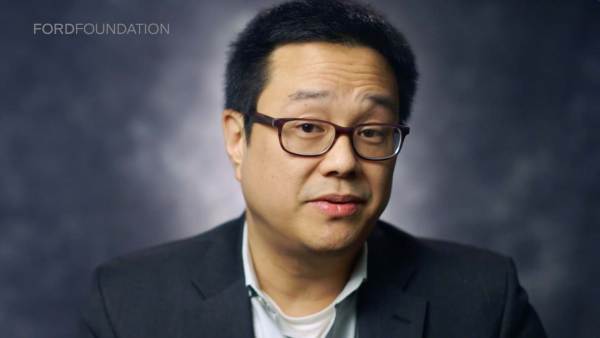
Don Chen on inequality and urbanization
By 2050, about 70 percent of the world’s people will live in cities. The Ford Foundation’s Don Chen says as our world urbanizes, we’ll see extreme degrees of inequality. He believes societies function better when everyone is contributing, and here are opportunities for cities to address inequality head-on.
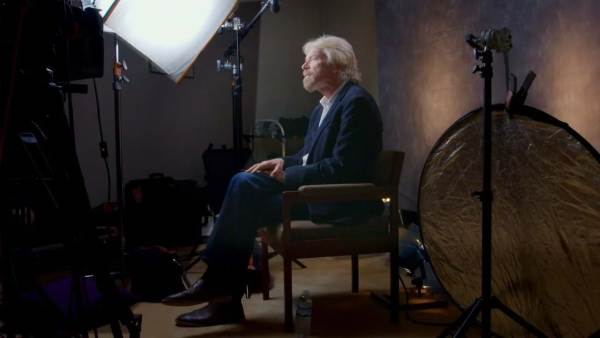
Richard Branson on how business can fight inequality
Social justice is good for business. Philanthropist Richard Branson believes businesses that do good become better brands. The more businesses can be run with a purpose, the better it is for the whole world— including the business.
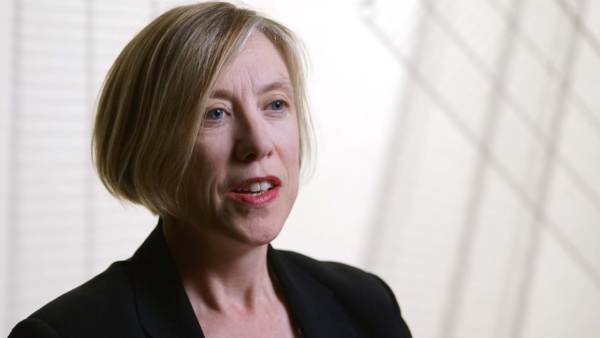
Jilly Stephens on inequality and food insecurity
Food is a basic necessity. City Harvest CEO Jilly Stephens says inequality is the gap between the cost of living and the wages earned. Around 50 million Americans are considered food insecure and struggle to put food on the table. Stephens believes a collaborative approach can help end food insecurity.
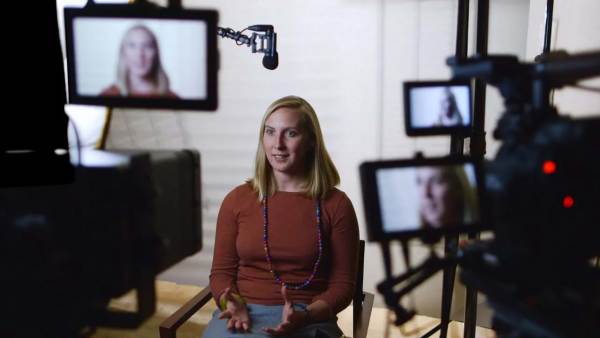
May Boeve on inequality and climate change
Climate change is about inequality. May Boeve, executive director of 350.org, explains that the people who did the least amount to cause the problem are most affected by it. Addressing climate change has the potential to address issues of inequality and bring people out of poverty.
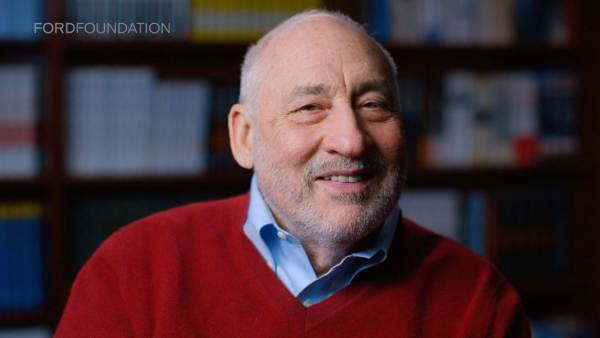
Joseph Stiglitz on inequality and economic growth
The U.S. has the highest level of inequality among higher-income countries. Economist Joseph Stiglitz believes this inequality has been chosen, and that the great divide between rich and poor has been created by U.S. economic policies that have limited economic mobility.
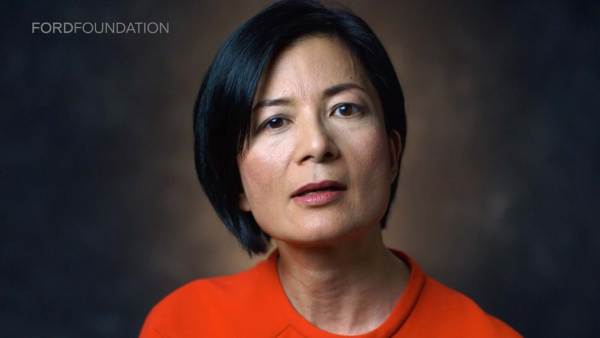
Reeta Roy on creating economic opportunity for women
Higher levels of equality lead to higher levels of economic growth. The MasterCard Foundation’s Reeta Roy explains how her mother fought for her education while she was growing up and how important it is for women to have economic access in order to fight inequality.
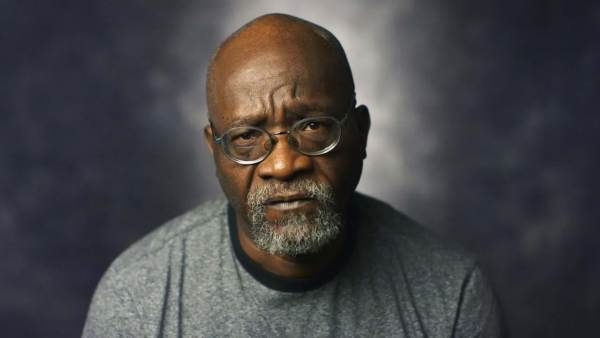
Willie Baptist on inequality and poverty
Gender inequality, racial inequality, and economic inequality need to be solved by a social movement that is rooted in intersectionality. Educator Willie Baptist’s understanding of poverty is informed by his own experience of being homeless on the streets of Philadelphia. He believes ending inequality is truly possible.
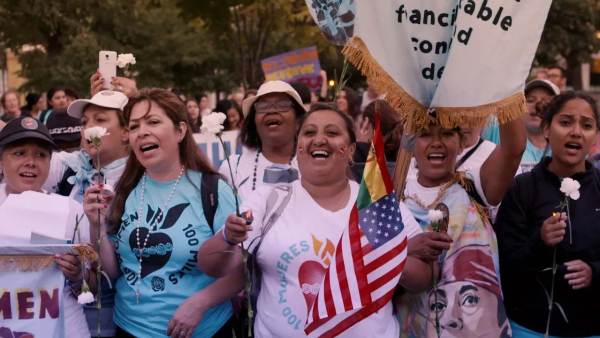
Ai-jen Poo on building movements to challenge inequality
Everyday people are transforming inequality. The National Domestic Workers Alliance’s Ai-jen Poo has seen what happens when people come together and decide to build a movement. She wants to transform the inequality that exists for caregivers, who are often immigrants, live in poverty, and are denied labor protections.
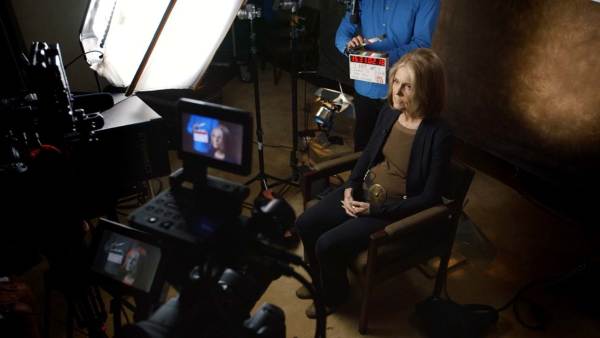
Finish this sentence: Inequality Is… Short promo
In the #InequalityIs series, a wide range of people on video—from CEOs to musicians, activists, and fast-food workers—define what inequality means to them, covering the many challenges that need to be overcome in the fight for equality, justice, and dignity for all.
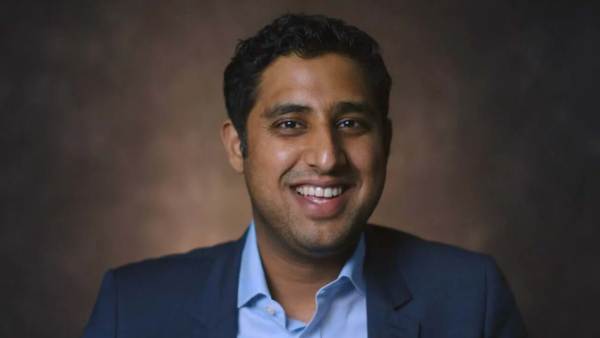
Rajiv Joshi on how inequality hurts business
Inequality means there are 3.5 billion people who are not actively operating in the economy. The B Team’s Rajiv Joshi says by sharing value more fairly, we can enable millions of people to realize their full potential and build a thriving economy that works for the good of all.
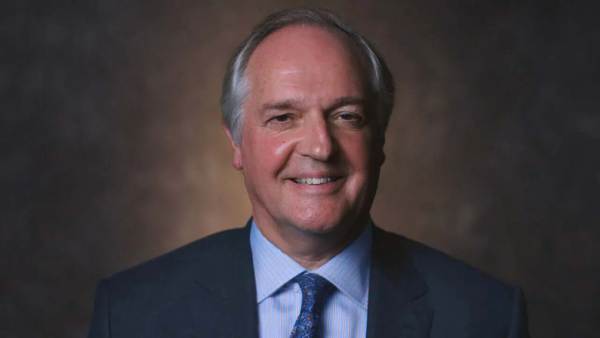
Paul Polman on addressing inequality and the need for shared prosperity
Inequality is the biggest obstacle in creating a sustainable and equitable future, says Unilever CEO Paul Polman. He gives examples of how this inequality plays out, from women working in agriculture only earning 10 percent of the income to only 5 percent of people in China being able to go to university.

Martin Whittaker on inequality and capitalism
Martin Whittaker, CEO of JUST Capital, believes capitalism is inherently about justice and we need to get back to that idea. He challenges us to use business as a force for good and create a set of business values that reflect the broader values of the population.
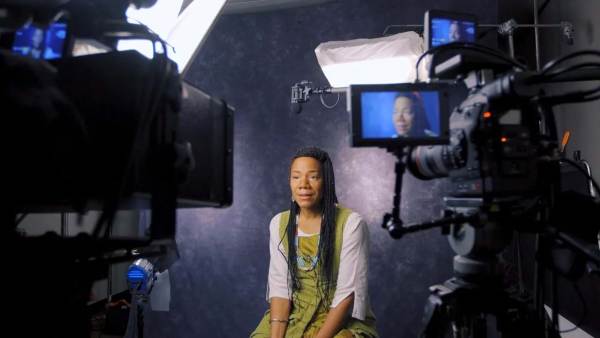
Martha Redbone on using music to challenge inequality
Music can share messages. As a Black and Native American woman, singer-songwriter Martha Redbone’s experience of inequality has been lifelong. She sees music as an essential way for people to tell their stories and uses her voice to educate people.
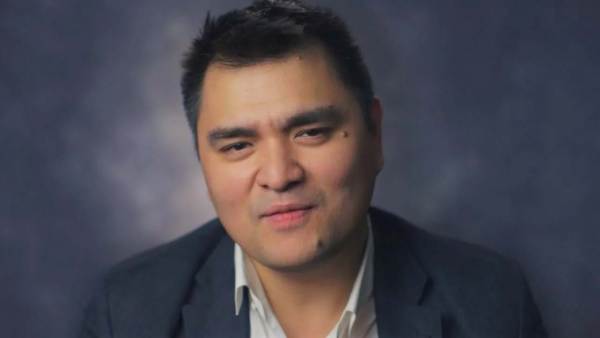
Jose Antonio Vargas on immigrant rights and working together to tackle inequality
Jose Antonio Vargas, founder of Define American, says inequality and injustice are connected. He believes you don’t have to be an immigrant to advocate for immigrant rights, and each person’s equality is tied to the next. He wants us to confront the inequalities that run across all of the world’s issues.
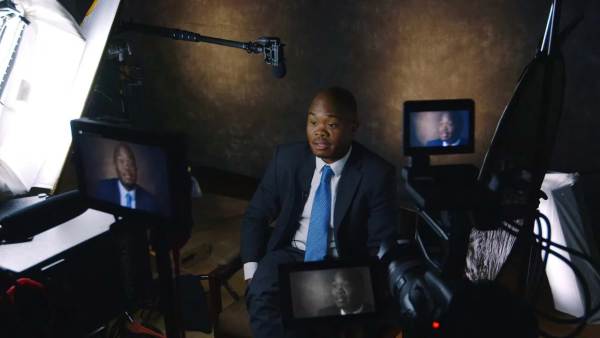
Fred Swaniker on inequality, opportunity, and jobs for African youth
People with ideas changing the world need to be given a chance. Inequality hurts talented young people across Africa, says Fred Swaniker of the African Leadership Academy. He believes in giving young Africans the opportunity to work and develop as leaders, so they can transform their communities and the world.
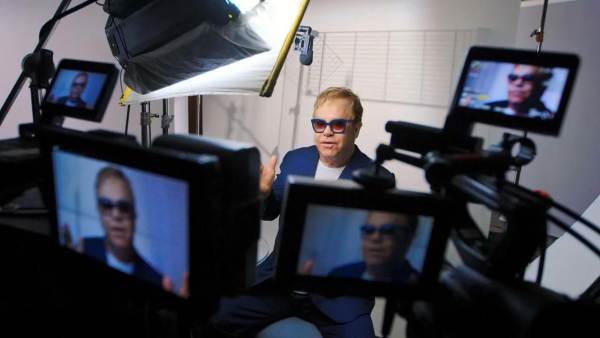
Elton John on inequality, LGBT discrimination, and HIV/AIDS
Singer Elton John says inequality is caused by stigma and discrimination against LGBT people. helped create the HIV/AIDS crisis, due to a lack of access to life-saving medication. He believes inequality is the greatest problem we face today and needs to be addressed through inclusiveness.
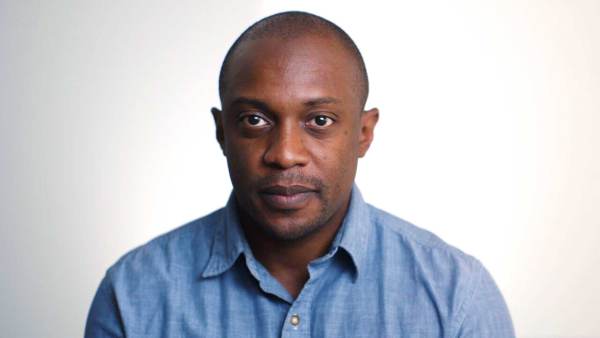
Hank Willis Thomas on the role of artists in fighting inequality
Artists can highlight the things in society we’d rather ignore. Artist Hank Willis Thomas uses his work to force a shift in perspective and how we think about inequality, across economic, cultural, and political lines. He believes ordinary people can make the huge strides we need to survive.
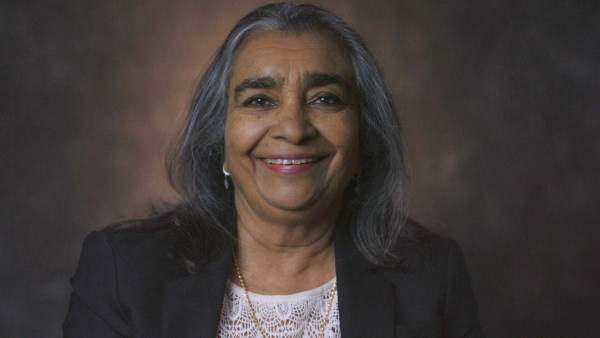
Gowri Ishwaran on inequality and girls’ education
Gowri Ishwaran, Global Education and Leadership Foundation CEO, says she experienced gender discrimination as a young girl in India and points to education as a solution. Class-based discrimination and gender discrimination work together to keep women unequal. Schools need to be inclusive to address this issue.
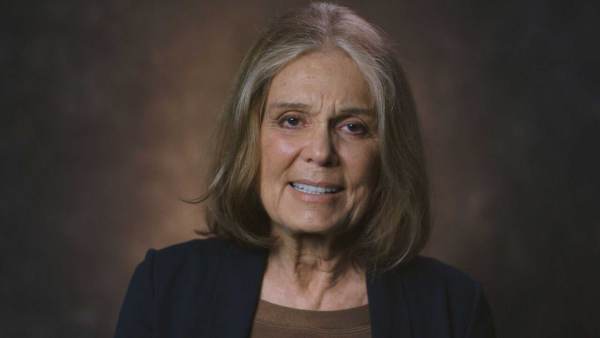
Gloria Steinem on inequality and reproductive rights
Any inequality or suffering is wrong. Feminist writer Gloria Steinem shares her story about why reproductive rights are so important to her and to women around the world. Access to abortion and reproductive rights are essential to the fight for gender equality.